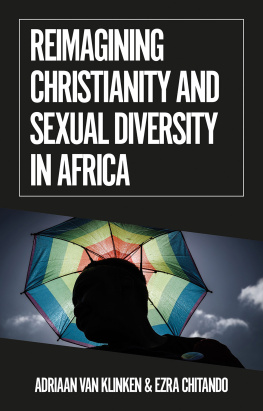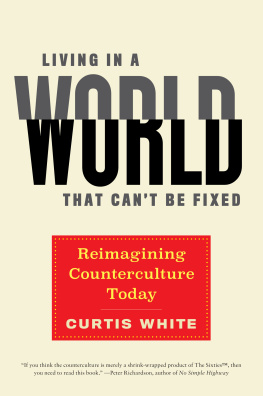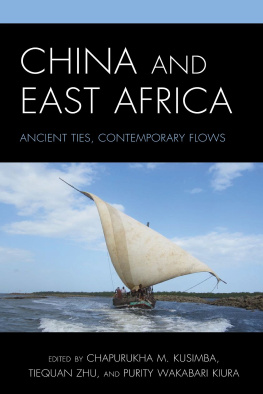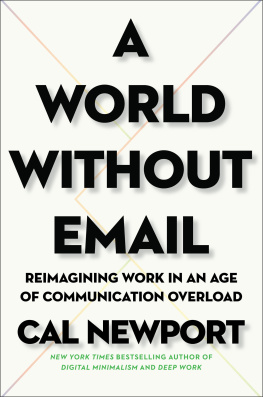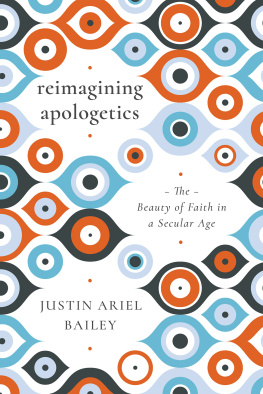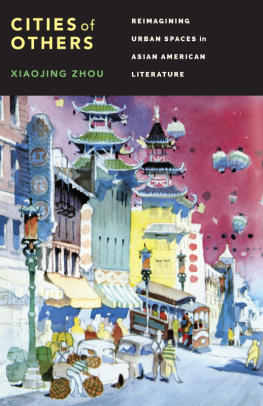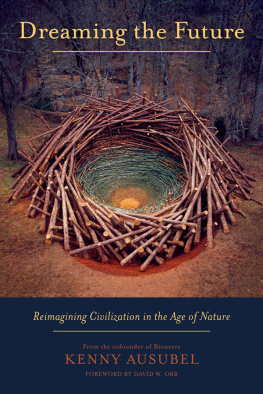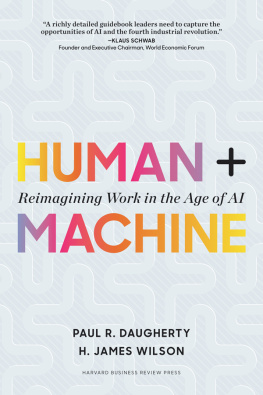Sibel Kusimba - Reimagining Money
Here you can read online Sibel Kusimba - Reimagining Money full text of the book (entire story) in english for free. Download pdf and epub, get meaning, cover and reviews about this ebook. year: 2020, publisher: Stanford University Press, genre: Politics. Description of the work, (preface) as well as reviews are available. Best literature library LitArk.com created for fans of good reading and offers a wide selection of genres:
Romance novel
Science fiction
Adventure
Detective
Science
History
Home and family
Prose
Art
Politics
Computer
Non-fiction
Religion
Business
Children
Humor
Choose a favorite category and find really read worthwhile books. Enjoy immersion in the world of imagination, feel the emotions of the characters or learn something new for yourself, make an fascinating discovery.

- Book:Reimagining Money
- Author:
- Publisher:Stanford University Press
- Genre:
- Year:2020
- Rating:4 / 5
- Favourites:Add to favourites
- Your mark:
- 80
- 1
- 2
- 3
- 4
- 5
Reimagining Money: summary, description and annotation
We offer to read an annotation, description, summary or preface (depends on what the author of the book "Reimagining Money" wrote himself). If you haven't found the necessary information about the book — write in the comments, we will try to find it.
Reimagining Money — read online for free the complete book (whole text) full work
Below is the text of the book, divided by pages. System saving the place of the last page read, allows you to conveniently read the book "Reimagining Money" online for free, without having to search again every time where you left off. Put a bookmark, and you can go to the page where you finished reading at any time.
Font size:
Interval:
Bookmark:

CULTURE AND ECONOMIC LIFE
EDITORS
Frederick Wherry
Jennifer C. Lena
EDITORIAL BOARD
Gabriel Abend
Michel Anteby
Nina Bandelj
Shyon Baumann
Katherine Chen
Nigel Dodd
Amir Goldberg
David Grazian
Wendy Griswold
Brayden King
Charles Kirschbaum
Omar Lizardo
Bill Maurer
Elizabeth Pontikes
Gabriel Rossman
Lyn Spillman
Klaus Weber
Christine Williams
Viviana Zelizer
REIMAGINING MONEY
Kenya in the Digital Finance Revolution
SIBEL KUSIMBA
STANFORD UNIVERSITY PRESS
STANFORD, CALIFORNIA
Stanford University Press
Stanford, California
2021 by the Board of Trustees of the Leland Stanford Junior University. All rights reserved.
No part of this book may be reproduced or transmitted in any form or by any means, electronic or mechanical, including photocopying and recording, or in any information storage or retrieval system without the prior written permission of Stanford University Press.
Printed in the United States of America on acid-free, archival-quality paper
Library of Congress Cataloging-in-Publication Data
Names: Kusimba, Sibel Barut, 1966- author.
Title: Reimagining money : Kenya in the digital finance revolution / Sibel Kusimba.
Other titles: Culture and economic life.
Description: Stanford, California : Stanford University Press, 2021.
Series: Culture and economic life | Includes bibliographical references and index.
Identifiers: LCCN 2020020346 (print) | LCCN 2020020347 (ebook) | ISBN 9781503613515 (cloth) | ISBN 9781503614413 (paperback) | ISBN 9781503614420 (ebook)
Subjects: LCSH: Digital currencyKenya. | Digital currencySocial aspectsKenya.
Classification: LCC HG1710 .K877 2021 (print) | LCC HG1710 (ebook) | DDC 332.4dc23
LC record available at https://lccn.loc.gov/2020020346
LC ebook record available at https://lccn.loc.gov/2020020347
Cover illustration: A drawing of a digital microloan network
Cover design: Rob Ehle
Typeset by Newgen in 10/14 Minion Pro
Contents
Figures and Tables
FIGURES
TABLES
Acknowledgments
Any research project is a collective effort. There are so many people who made this book possible and without whom the project never would have been realized. I would like to thank the funders, research participants, hosts, friends, colleagues, supporters, and interlocutors who made it all happen. Many of my interlocutors cannot be named, but I express to all of them my gratitude. The research reported here was conducted based on anthropological fieldwork in Kenya beginning in 2009 when I was a Fulbright Scholar teaching at Egerton University in Kenya. Thank you to the U.S. Department of State, and to Simiyu Wandibba of the Institute for African Studies at the University of Nairobi, who has been a mentor for me for many years. I would like to also thank Egerton University and its Department of History for hosting my stay. Bernadette Wambui Kusimba, along with Julie, Jordan, Alan, and Ivy, shared their loving and generous home with me. It was a hive of activity and full of relatives. My brother-in-law also helped me arrive in style and make a splash with the U.S. Embassy. Bernadette, thank you for teaching me what an African household is and for showing what a loving Kenyan family is all about. At Egerton, I would also like to thank Susan, Liz, and Albert Lagat and their children for their support and friendship. I would like to thank Lillian Musombi, Joyner Nanjulula, and Stephanie Luti for being amazing roommates, nieces, research participants and team members, and fashion stylists.
I would also like to thank Elizabeth Gross and John Terrell for teaching me social network analysis through an excellent class that John Terrell offered at the University of Illinois at Chicago and the Field Museum. My many supportive colleagues at the Field Museum, the University of Illinois, Lawrence University, the Smithsonian Institution, and Northern Illinois University have provided me with the best examples and advice anyone could ever follow, including R. Barry Lewis, Winifred Creamer, Fred Smith, Carla Daughtry, Peter Peregrine, Natasha Gray, Jonathan Haas, Michael Kolb, Andrea Molnar, Leila Porter, Bennet Bronson, Deborah Stokes, Kendall Thu, Judy Ledgerwood, Sue Russell, John Terrell, Chuimei Ho, Alaka Wali, Dan Gebo, and Mark Schuller. I would also like to thank the University of South Florida Department of Anthropology for their welcome and their support.
The Institute for Money, Technology, and Financial Inclusion (IMTFI) at the University of California, Irvine, supported the fieldwork in Kenya described in this book in 2012, 2014, 2015, and 2016. IMTFI also provided travel support to attend the Mobile Money Research Day Conference, held by Professor Susan Johnson at the University of Bath in 2016, and the Society for American Ethnology Conference in San Diego, California, in 2015. IMTFI conferences brought together many experts from different disciplines to exchange ideas. The conferences, website, and digital network, including a blog, helped create a community of practice around the complex issues of financial inclusion. Without this support, community, and access to specialized knowledge through IMTFI, this book would never have happened. I would like to thank Jenny Fan, lead administrator of IMTFI, and the board members of IMTFI, along with all of the postdoctoral scholars and the many scholars and researchers associated with the institute who have shared ideas with me, including but not limited to Ivan Small, Smoki Musaraj, Mrinalini Tankha, Ursula Dalinghaus, Solne Morvant-Roux, Milcah Mulu-Mutuku, Ndungu Kiiti, Maria Elisa Balen, Magdalena Villareal, Vivian Dzokoto, Simiyu Wandibba, Jenna Burrell, Isabelle Gurin, Taylor Nelms, and Stephen Rea, for their Bill and Melinda comments and for sharing their knowledge and interest in the topic. I would especially like to thank IMTFI director Bill Maurer for being an example through his enthusiasm and scholarship for what an anthropological view might contribute and for his incisive comments on journal articles and reports. I would like to thank Dave Kim of the Bill and Melinda Gates Foundation, Kyai Mullei, Dr. Andrew Mullei, and Dave Mark of M-Changa, and the people at Busara, Inc., and ThinkPlace for involving me in the M-Changa fundraising project. My many hosts, participants, friends, field team members and collaborators, and interlocutors were generous with their hospitality, knowledge, and friendship.
For assistance in the field I would like to express my gratitude to Andrew Nakhisa and Simon Nabie, and to our team, Gabriel Kunyu, Harpieth Chaggar, Joyner Nanjulula Musombi, Alex Wanyama, Cristabel Waluse, and Chap Kusimba. I could not have done the research without them. Thank you also to those known in this book as Dorcas, Marianne, Violet, Praxides, Consolata, Mary, Emmanuel, and the many other participants. A special thanks goes to Gabriel Kunyu, whom I first met as a student at Egerton University. Gabriel has worked with me on each of the three IMTFI grants and on the M-Changa project. He was a crucial link to communities and research participants around Bungoma. I have seen his skills as an ethnographer develop. He is a deep listener. The drawing exercise was born through his example of patience and presence. Chap Kusimba made sure the team always had food, transportation, and safety and brought an intimate familiarity with the community and its concerns to the project. He was very careful to document our activities with excellent photographic skills. We have shared this home of Western Kenya, which has become my home, over many years. Thank you, Chap. And at my other home, I would like to thank Suzan and Jonathan Filley and their family, and my parents, A. O. Barut and Pierrette Barut, for the footsteps to walk in, and Jesse Kusimba and Eve Kusimba for all the joy of these past twenty-five years.
Font size:
Interval:
Bookmark:
Similar books «Reimagining Money»
Look at similar books to Reimagining Money. We have selected literature similar in name and meaning in the hope of providing readers with more options to find new, interesting, not yet read works.
Discussion, reviews of the book Reimagining Money and just readers' own opinions. Leave your comments, write what you think about the work, its meaning or the main characters. Specify what exactly you liked and what you didn't like, and why you think so.

